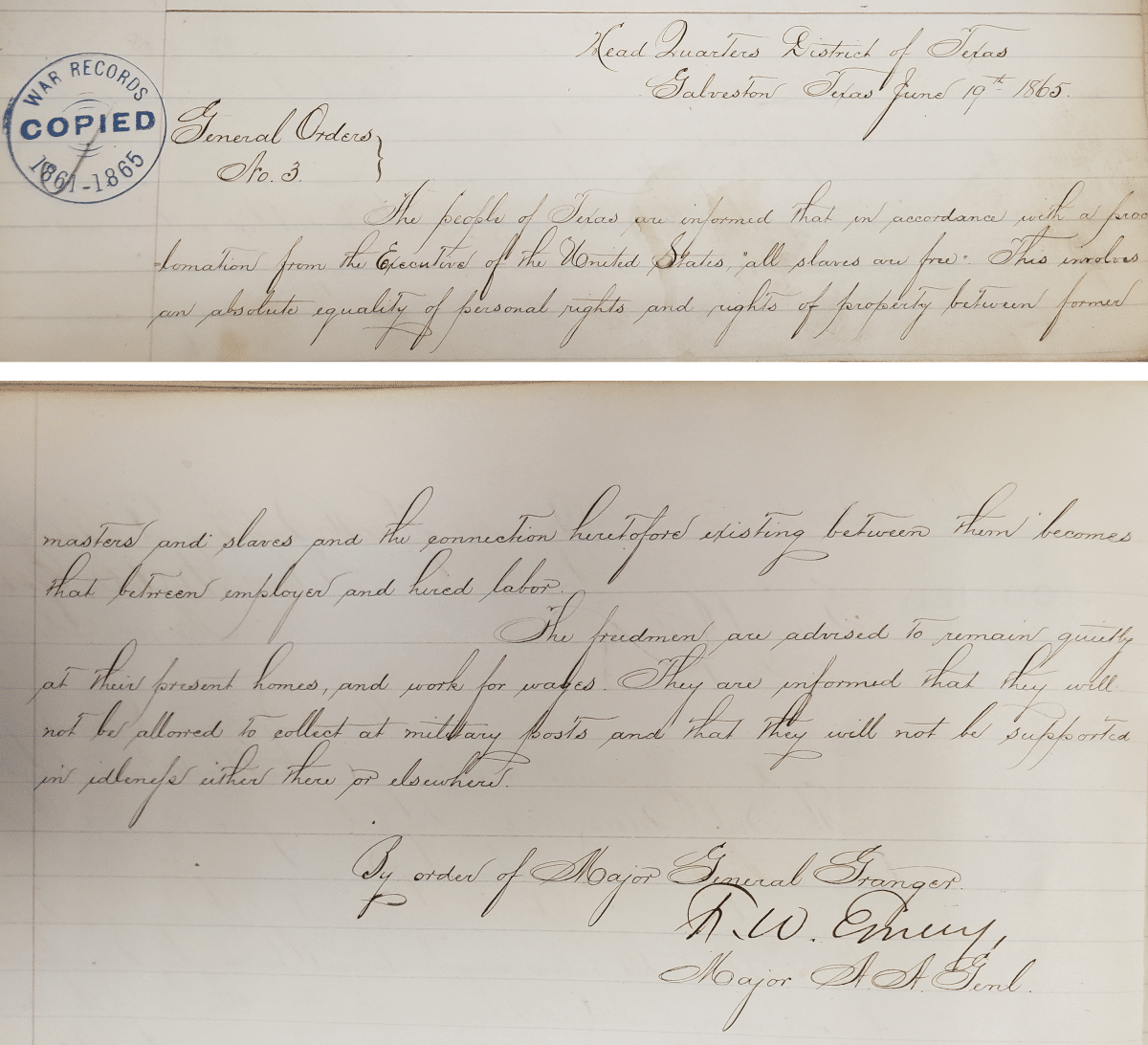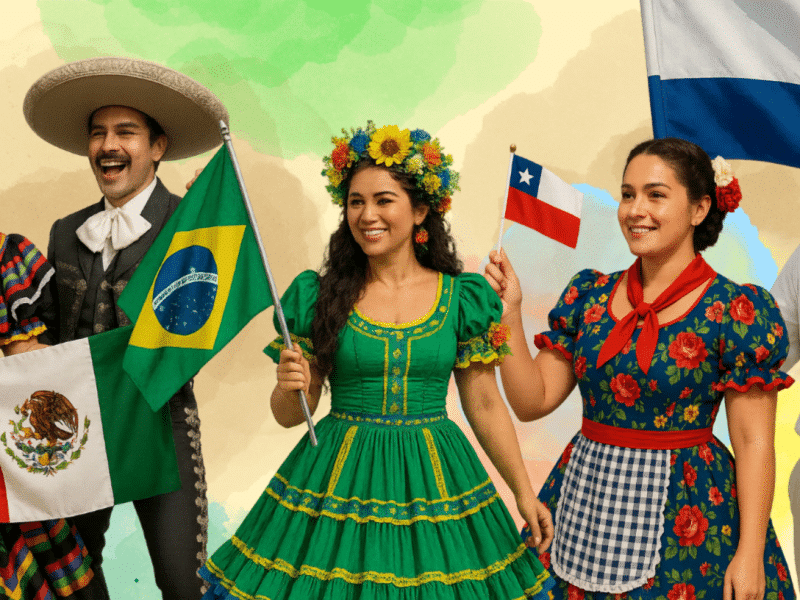Juneteenth Isn’t Just a Holiday, It Acknowledges the Horror of Slavery
Today marks the observance and acknowledgment of Juneteenth – a national holiday commemorating the emancipation of enslaved people in the United States.

In 2021, it became official: Juneteenth became a federal holiday meant to commemorate the emancipation of enslaved Africans after the American Civil War. The fact that it took as much time as it did to officially acknowledge the momentous occasion shows just how big a deal Juneteenth making it as federal holiday actually is.
Juneteenth commemorates the date that enslaved Africans were officially freed from slavery in the U.S., but we know that despite that Africans and descendants of Africans continued to be enslaved, discriminated against, and killed for many years after their official liberation.
June 19th marks Juneteenth as the official holiday now, but the official government declaration came through the Emancipation Proclamation made on January 1st, 1863, by President Abraham Lincoln. It took more than two years, or June 19th, 1865, to be exact, for the Union Army’s Major General Gordon Granger to ride into Galveston, Texas, and declare the enslaved people there to be freed through General Order No. 3. The Order reads as follows:
“The people of Texas are informed that, in accordance with a proclamation from the Executive of the United States, all slaves are free. This involves an absolute equality of personal rights and rights of property between former masters and slaves, and the connection heretofore existing between them becomes that between employer and hired labor. The freedmen are advised to remain quietly at their present homes and work for wages. They are informed that they will not be allowed to collect at military posts and that they will not be supported in idleness either there or elsewhere.”

Photos via the National Archives
Thus June 19th was chosen as the day to commemorate the event, though Texas has been observing the holiday since 1980, but it wasn’t until 2021 that it became the first year as an official holiday. Many take the newly minted national holiday to take time to reflect on the harm caused to enslaved people and how we can grow from that, while some have let it take its place as their own independence day, often being referred to as “Emancipation Day” as well.
Juneteenth was met with renewed interest to be observed as a national holiday in 2020 following the murders of George Floyd and Breonna Taylor. Both Floyd and Taylor were victims of police brutality that led to national protests and widespread social justice activism.
This Juneteenth, take time to acknowledge the lives of humans who were enslaved and learn more about the history of Black Americans. It took 150 years to get here, but there’s certainly a long way to go.




